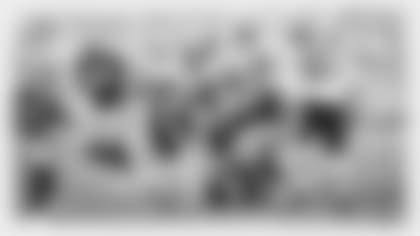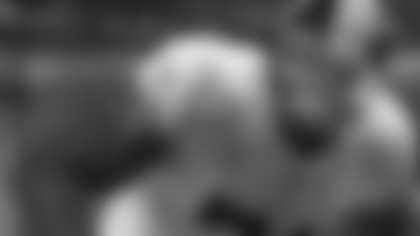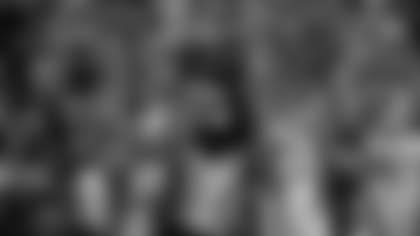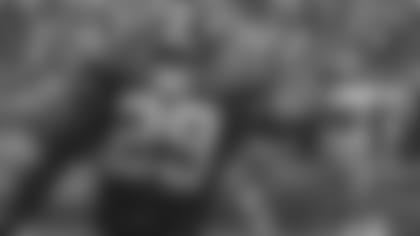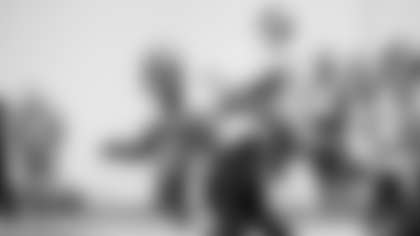RELATED LINKS:-- Norman Signs With The Redskins-- Video Highlights: Norman
"Redskins Past To Present" is a new series for The Redskins Blog during the offseason that catches up with Redskins alumni – some famous, some forgotten – that have spent time, long and short, in the Redskins organization.
With their time removed from the game, we hope to highlight the many former players and coaches that once wore the burgundy and gold -- we'll talk about their memories, their experiences and what they're up to today, in no particular order, to give a snapshot of their lives as ex-football players.
Brad Edwards is considered the Super Bowl XXVI MVP "runner-up," recording two interceptions off quarterback Jim Kelly during the Redskins' victory over Buffalo in 1992. He played nine seasons (four with the Redskins) in the NFL, bookending his time in Washington with the Vikings and Falcons. Currently, he serves as athletic director for George Mason University.

Growing up in North Carolina, were you a Redskins fan?
Yes, they didn't have the Panthers. Really, the only team you picked up on TV broadcasts were the Redskins. And so that was a team that we just grew up following just because they were the closest outside of Atlanta. But really Atlanta had no penetration in that market at that time. I remember I had some folks that lived in an adjacent neighborhood that had bought an old school bus and had painted it burgundy and gold and had put "Redskins Special" on the side of it and that's one of my earliest memories of the Washington Redskins and how they'd fill that up every weekend and take it up to Northern Virginia.
You started off with the Vikings…
I was a second round draft pick with the Vikings and we had two good years there, finished number one in defense in both of those two years and I had a two-year contract that had expired and then I was placed on Plan B in free agency. Within that morning, I got a call from the Redskins and the secretary said, "Can you hold on for a minute Joe Gibbs is on the line to talk to you." He's a guy I have a tremendous amount of respect for, and so we had a really nice conversation and it was literally done that quickly. I never looked back and it was just the best decision I ever made, one of them.
What was the experience like for you joining a team led by Joe Gibbs?
I had a tremendous amount of respect for the organization and what they had been able to do and accomplish until that point. It was really a lot of admiration and a lot of respect there for them and certainly almost immediately you could sense the culture that existed from the moment you walked into the locker room. You could tell it was a completely different atmosphere. Very, very strong culture that was centered on character and very team-oriented and clearly one that was built around high performance and the attention to detail and the commitment to excellence were obvious and apparent when you walked into the locker room. You could just not help be affected by it in a positive way.
That must have been a great experience to learn that culture after just two years in the league.
Yeah, and again, those two [Vikings] teams had gone to the divisional playoffs my first two years. Pete Carroll was my position coach and when they tried to re-sign me, there's just no substitute for being able to play for a team that you followed all of your life, is in your neighborhood. I really loved my time with the Vikings but it was just a deeper, personal meaning to be with the Redskins.
**
Here's a gallery remembering the Redskins' 37-24 victory over the Bills in Super Bowl XXVI that took place on Jan. 26, 1992.
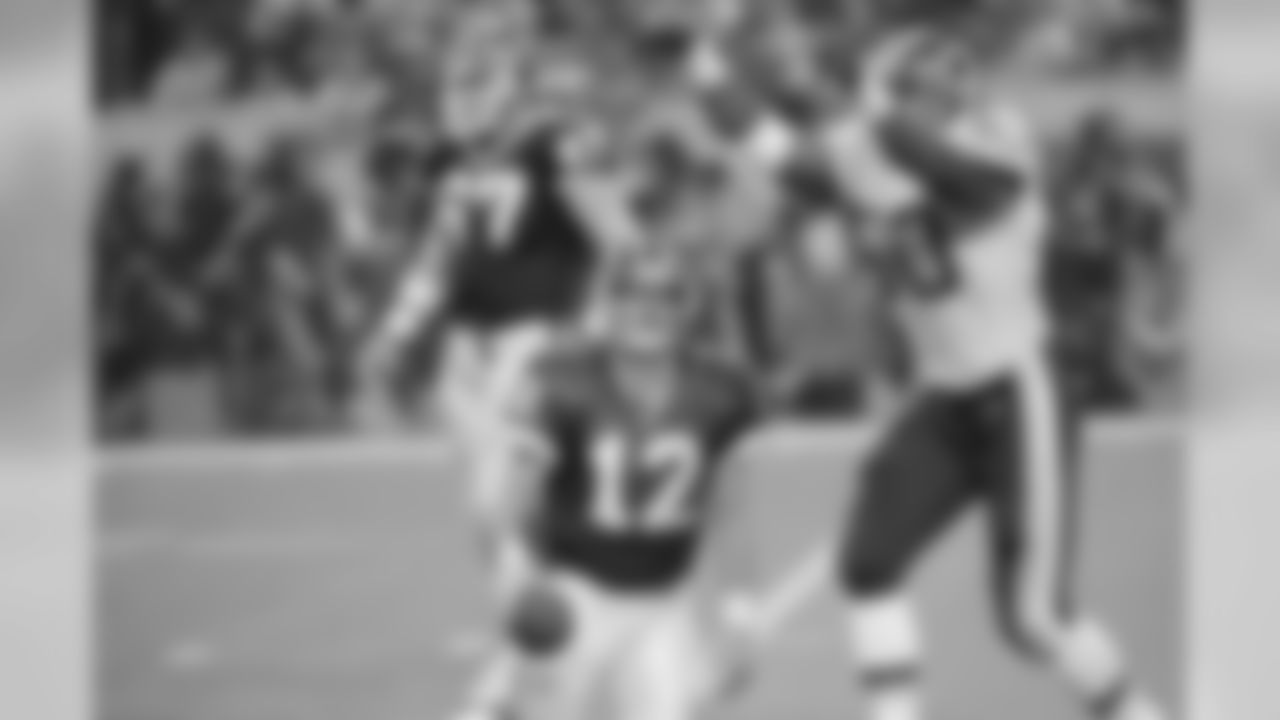
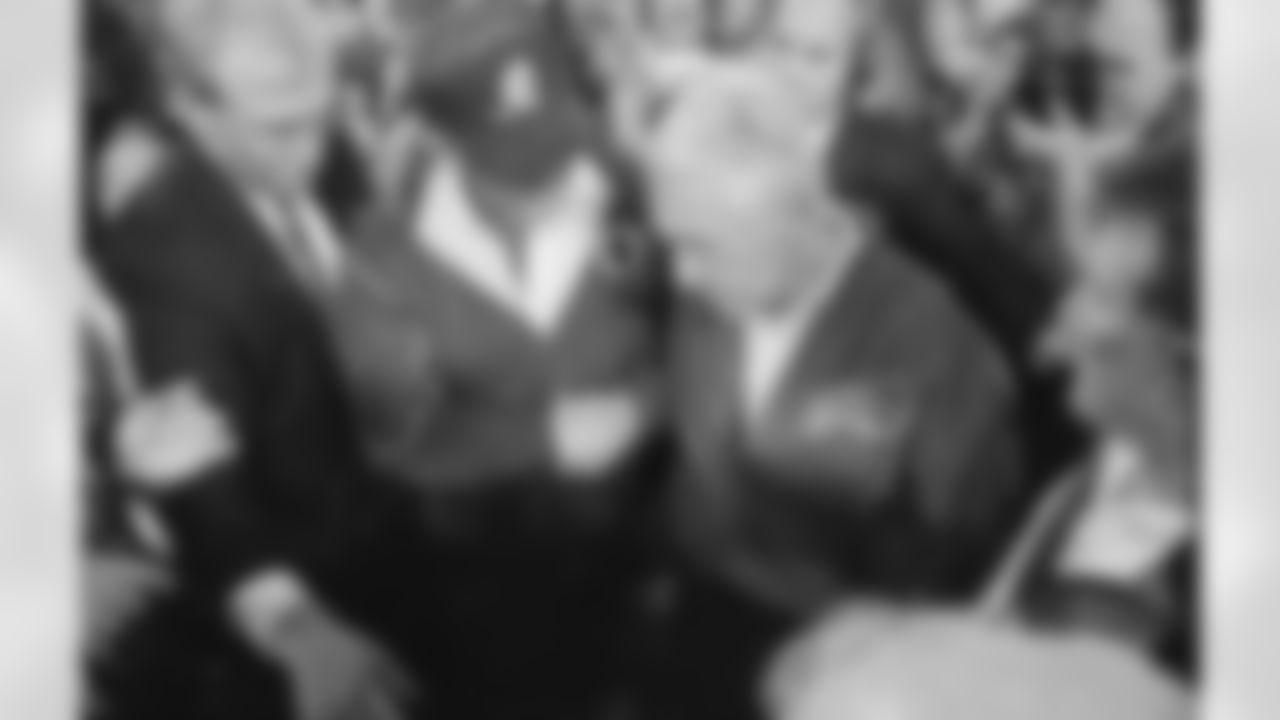
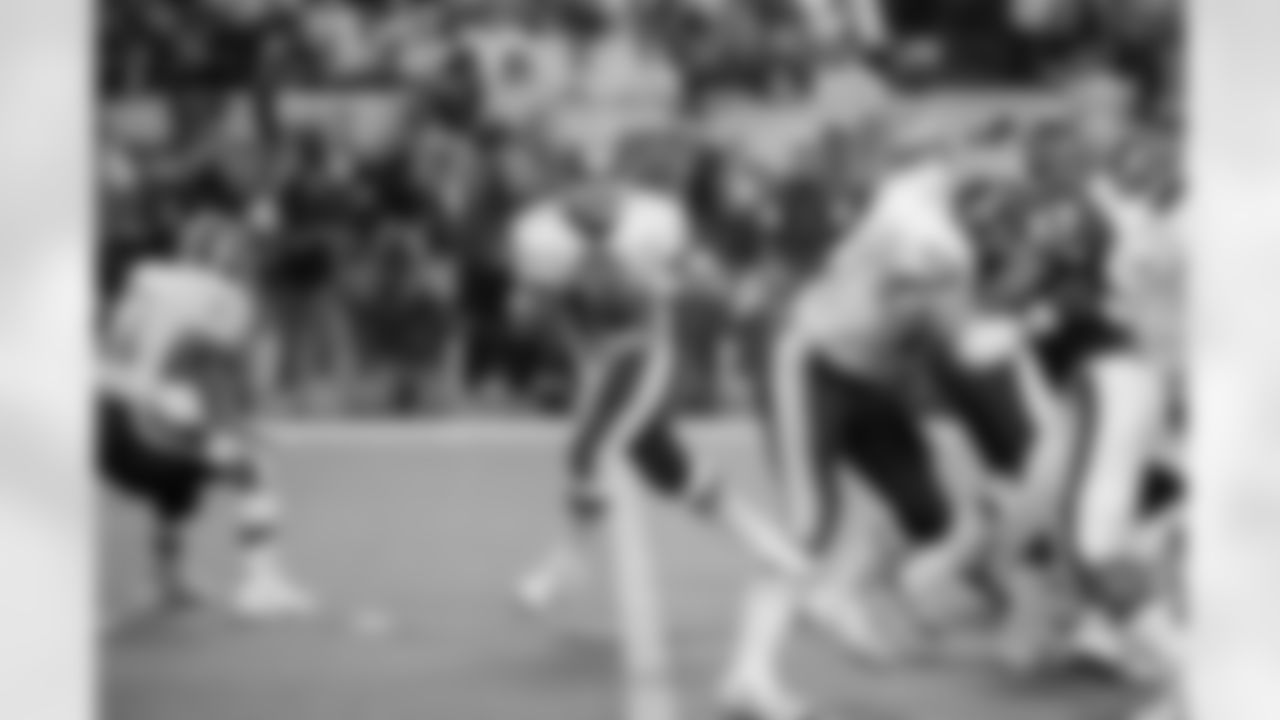
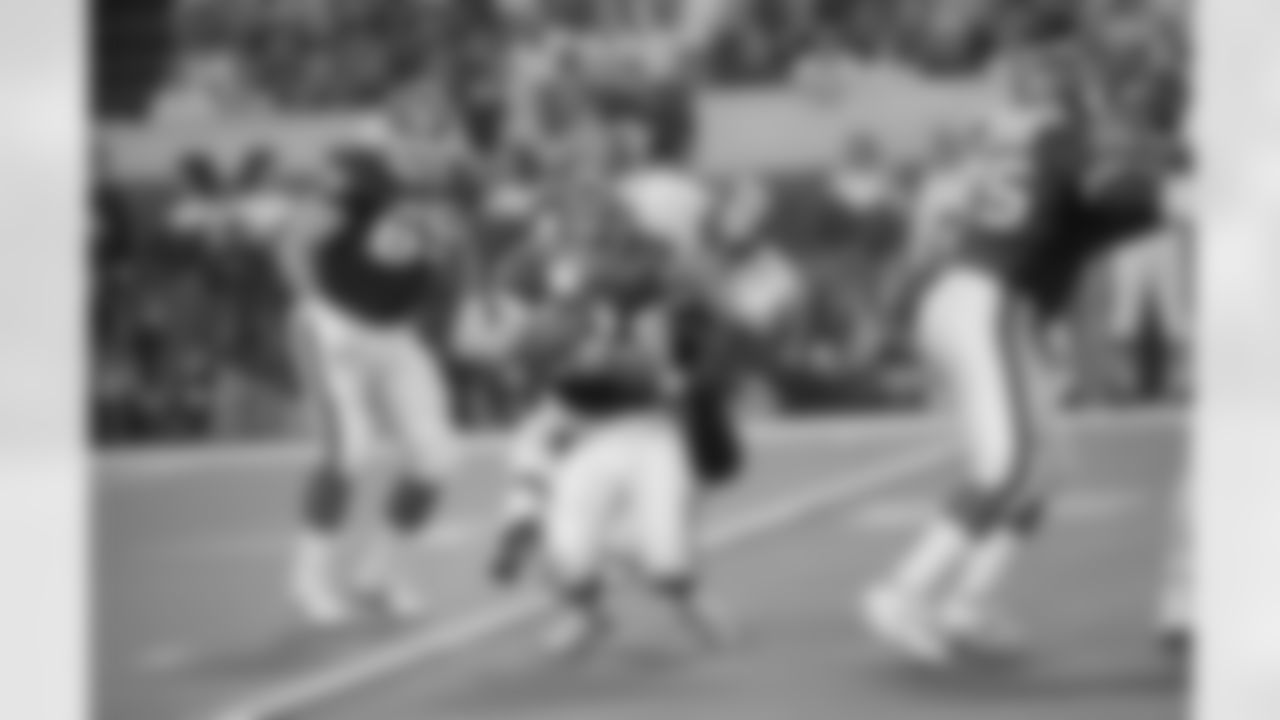
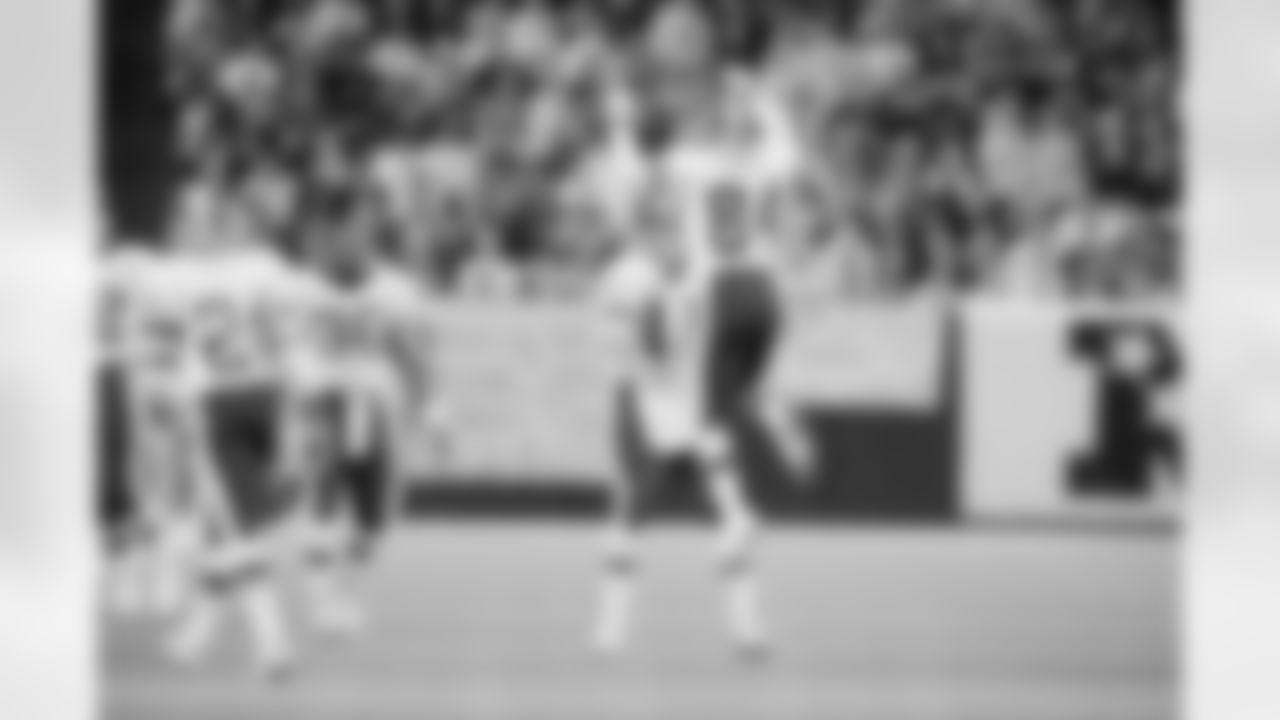
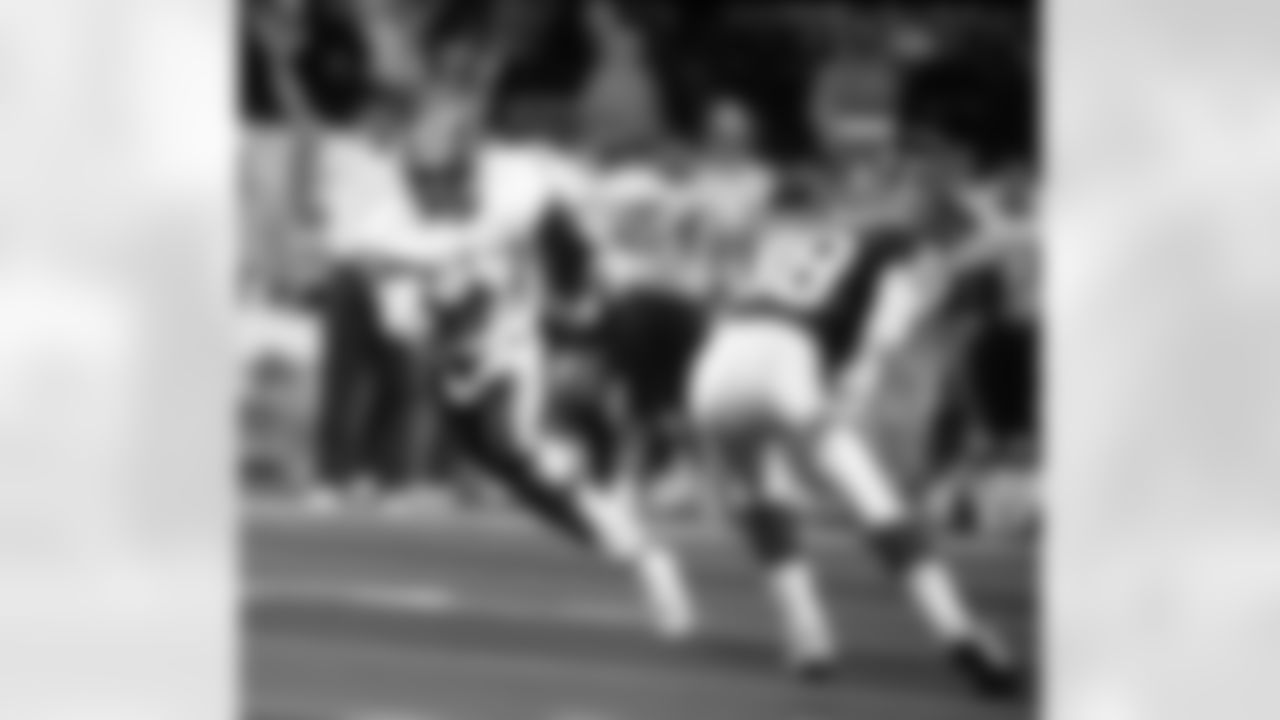
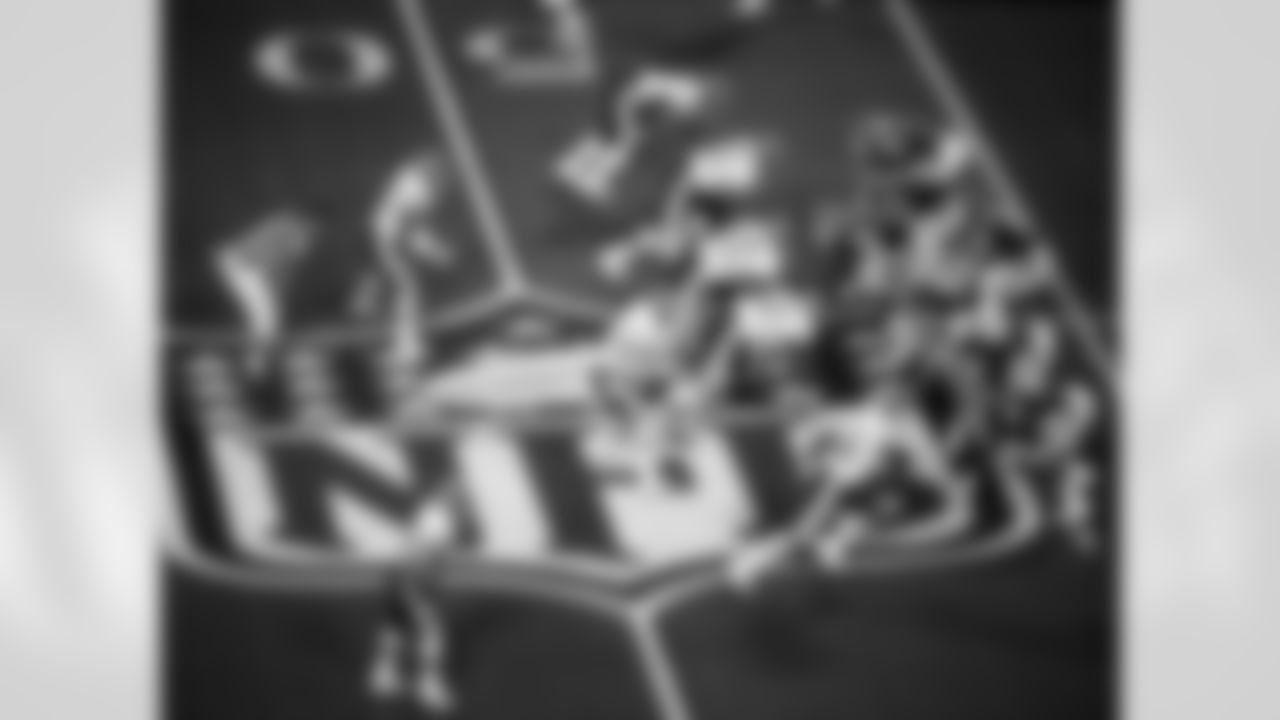
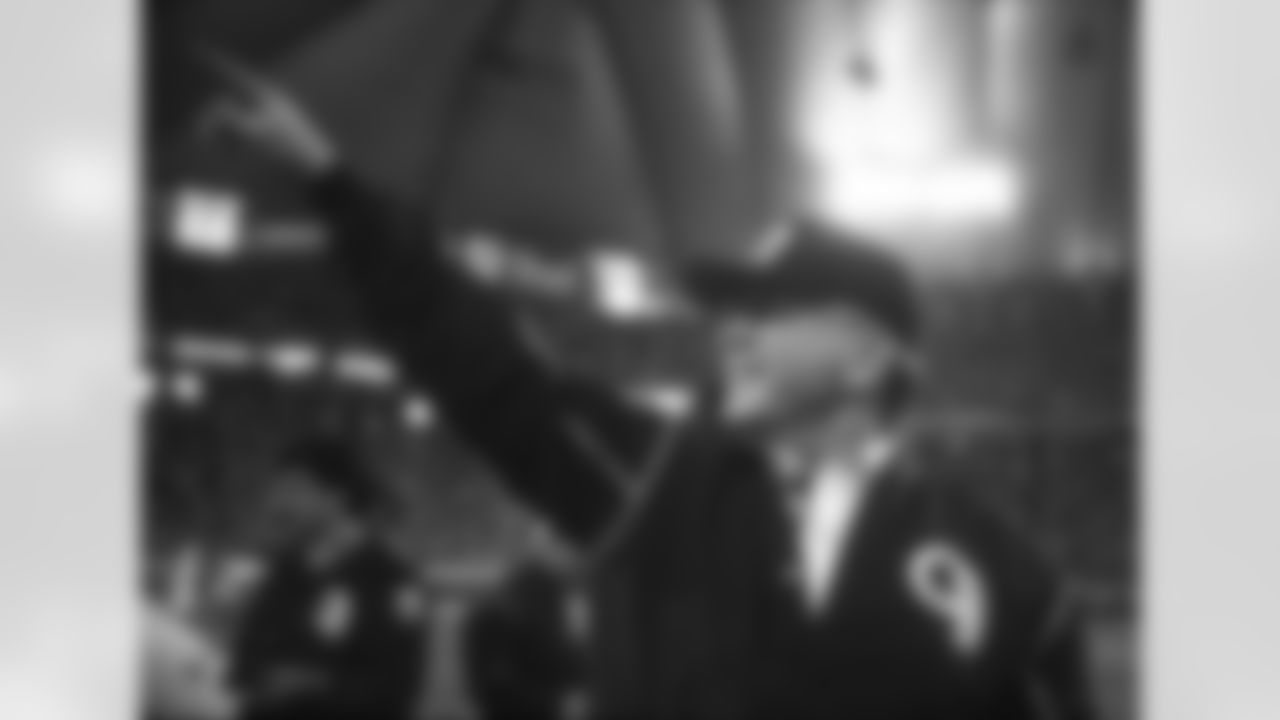
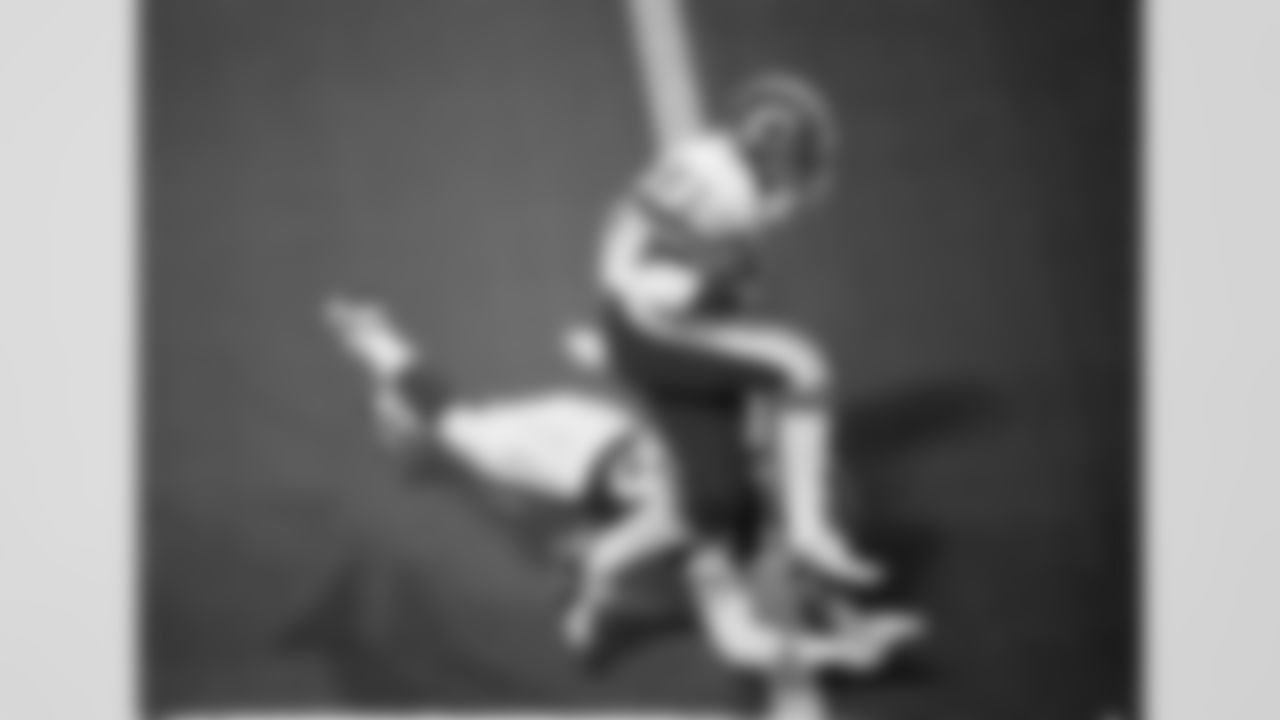
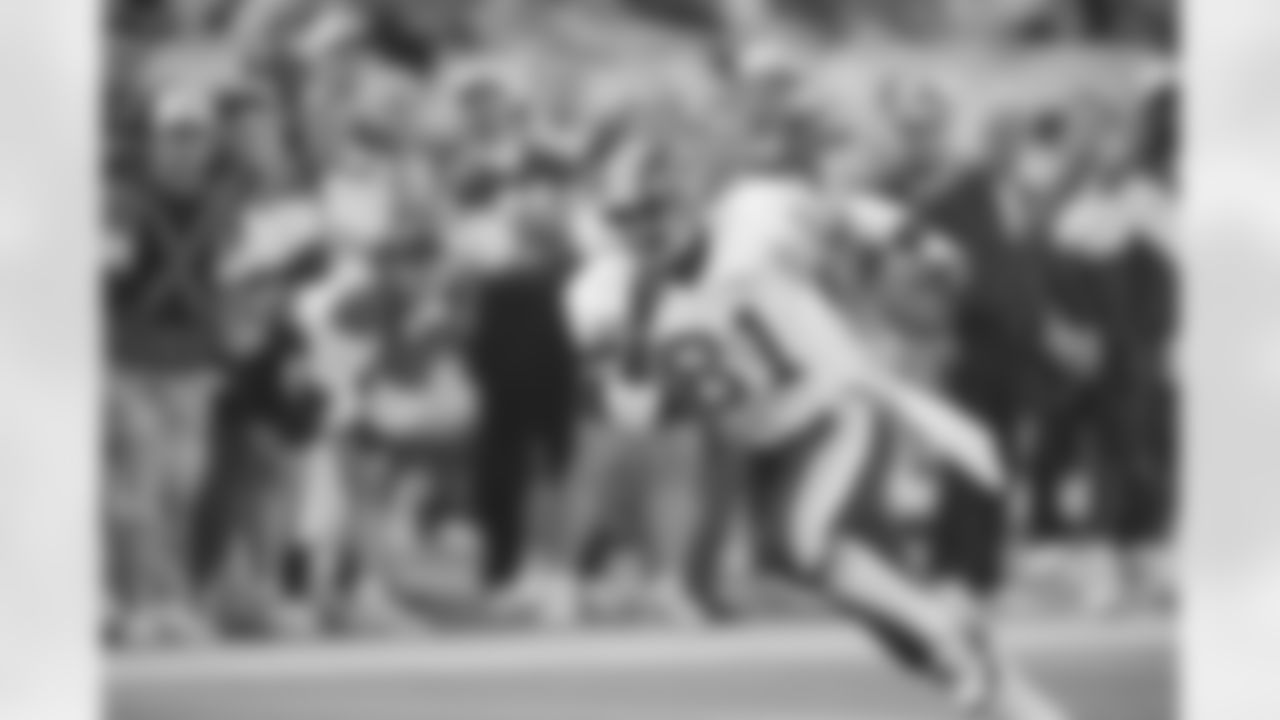
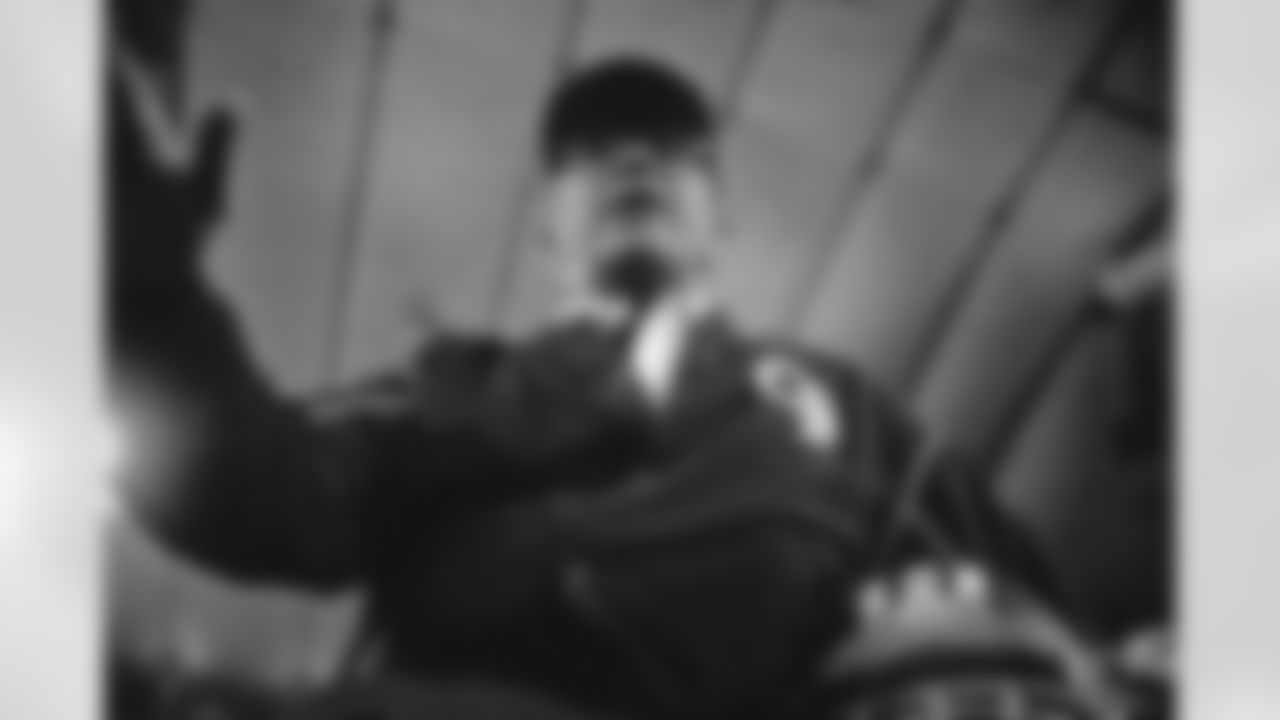
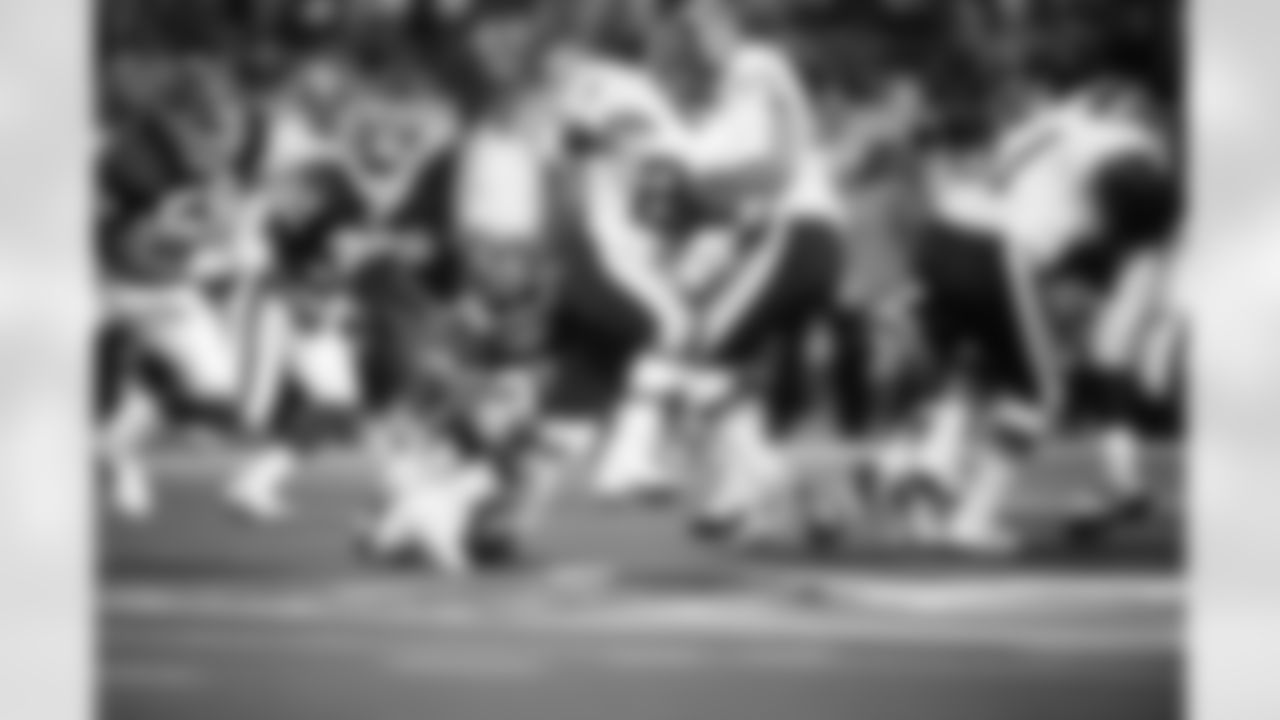
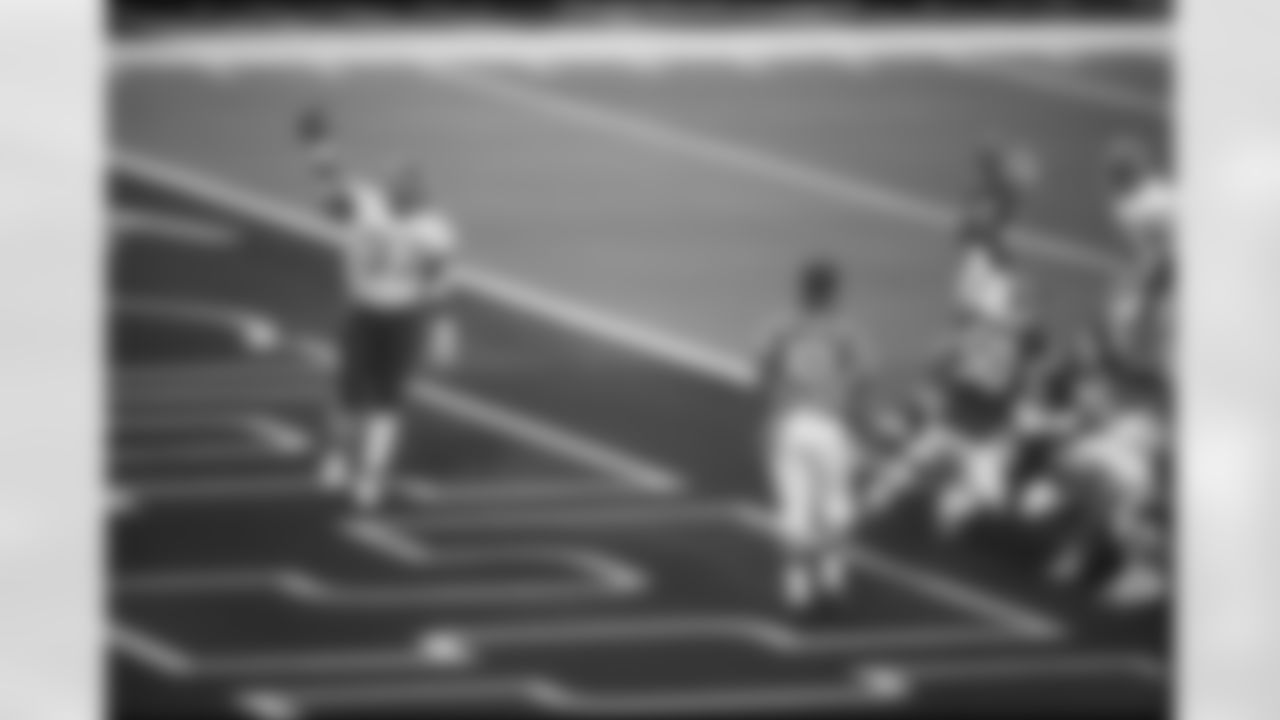
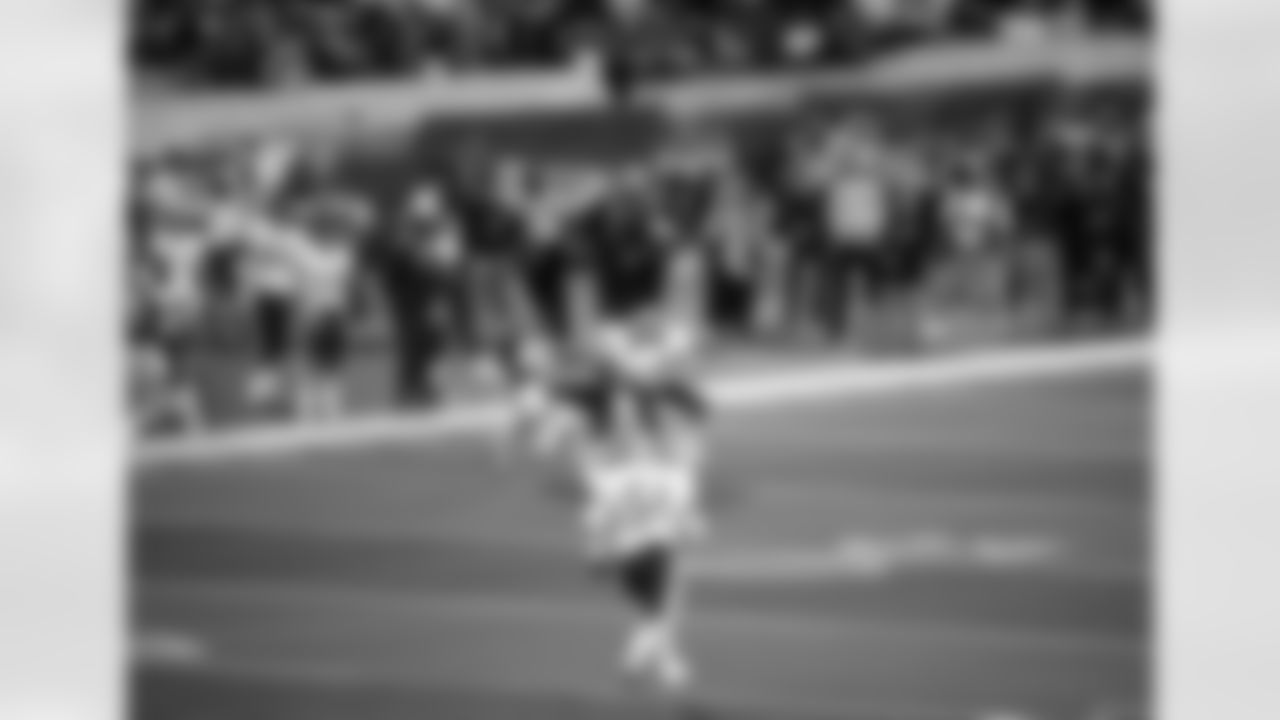
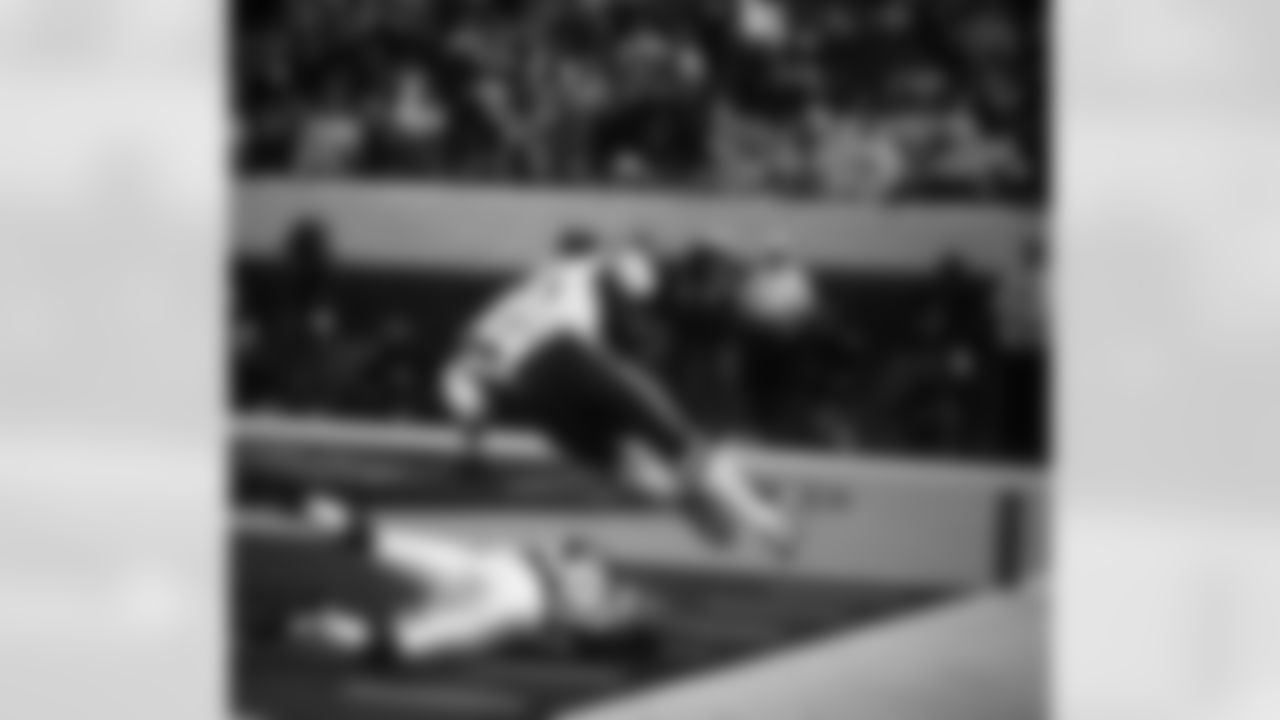
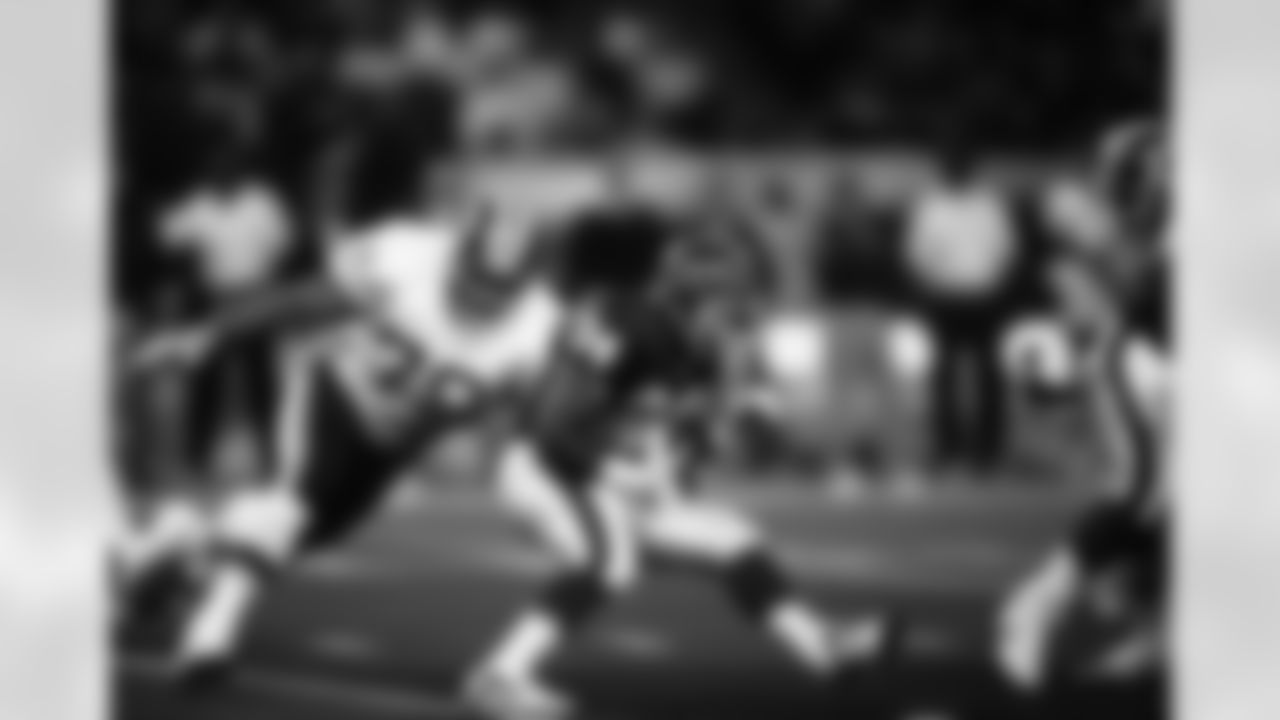
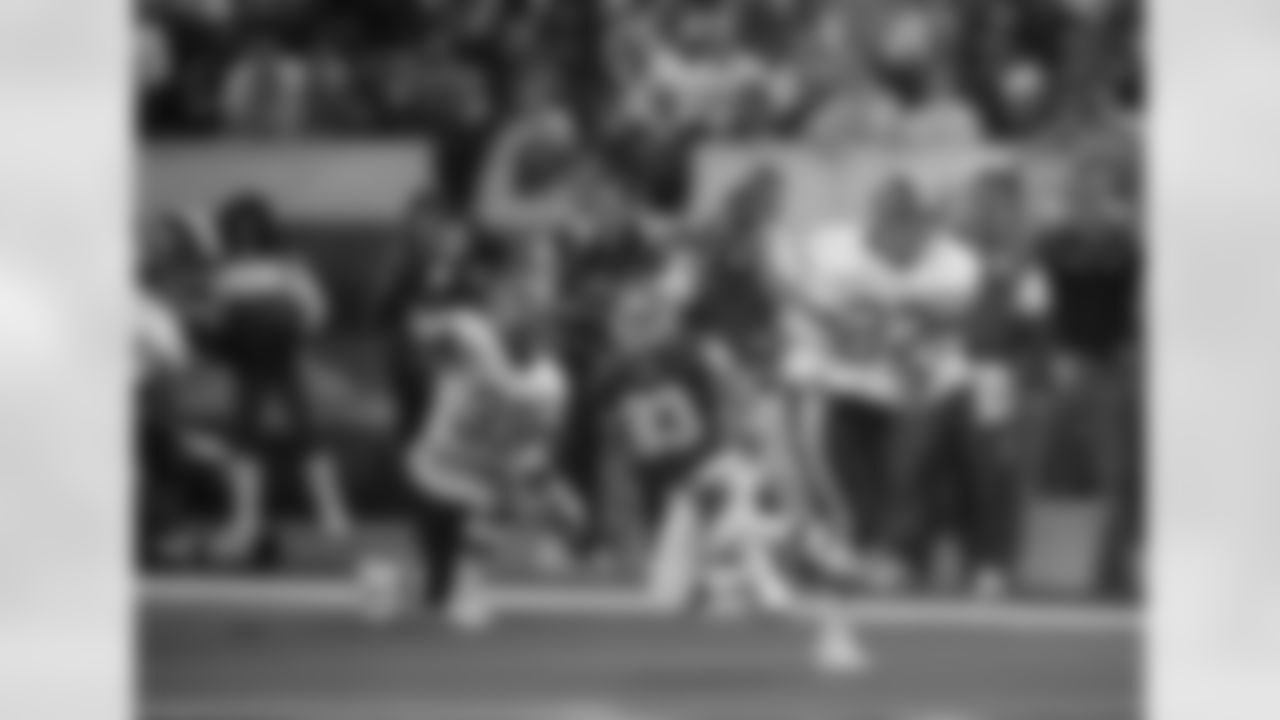

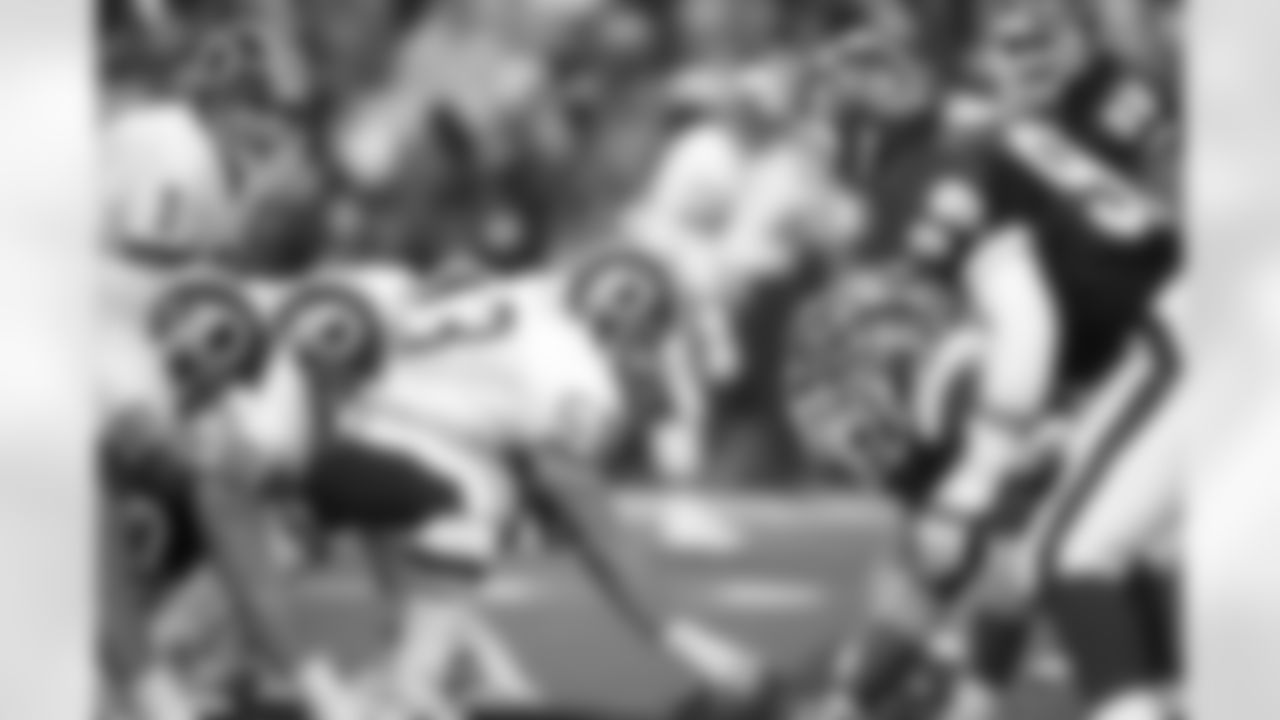
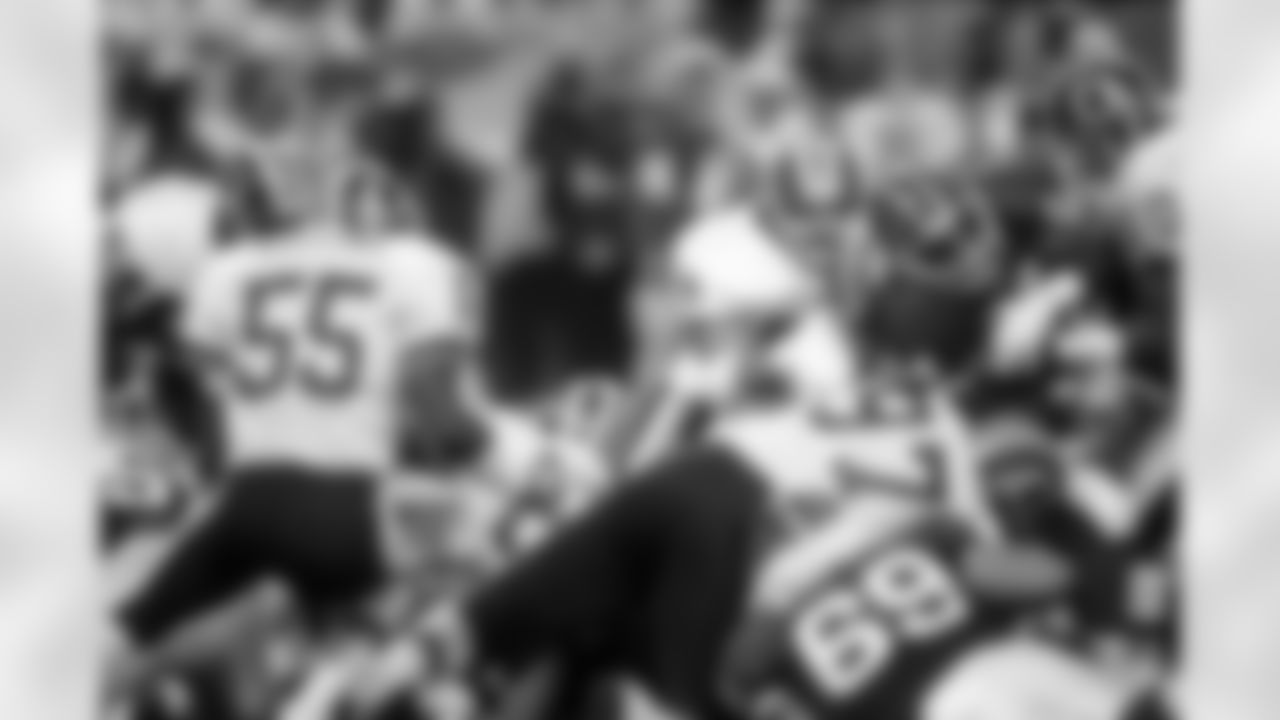
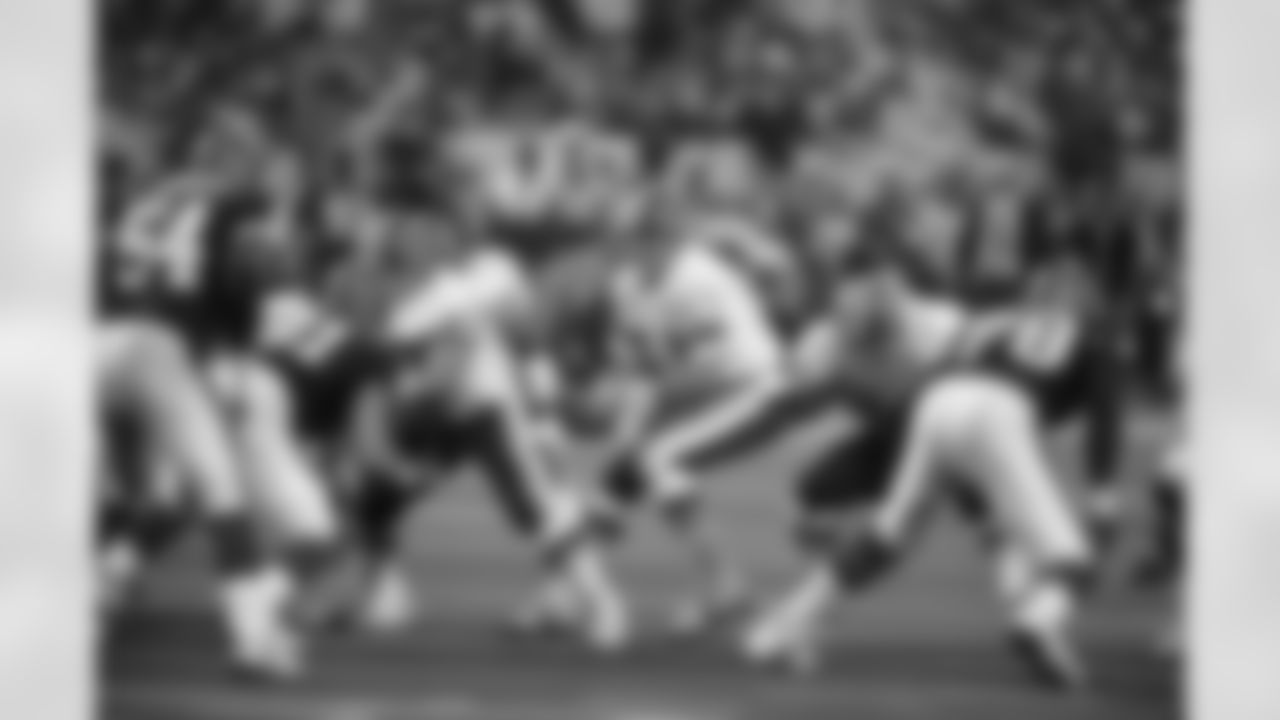
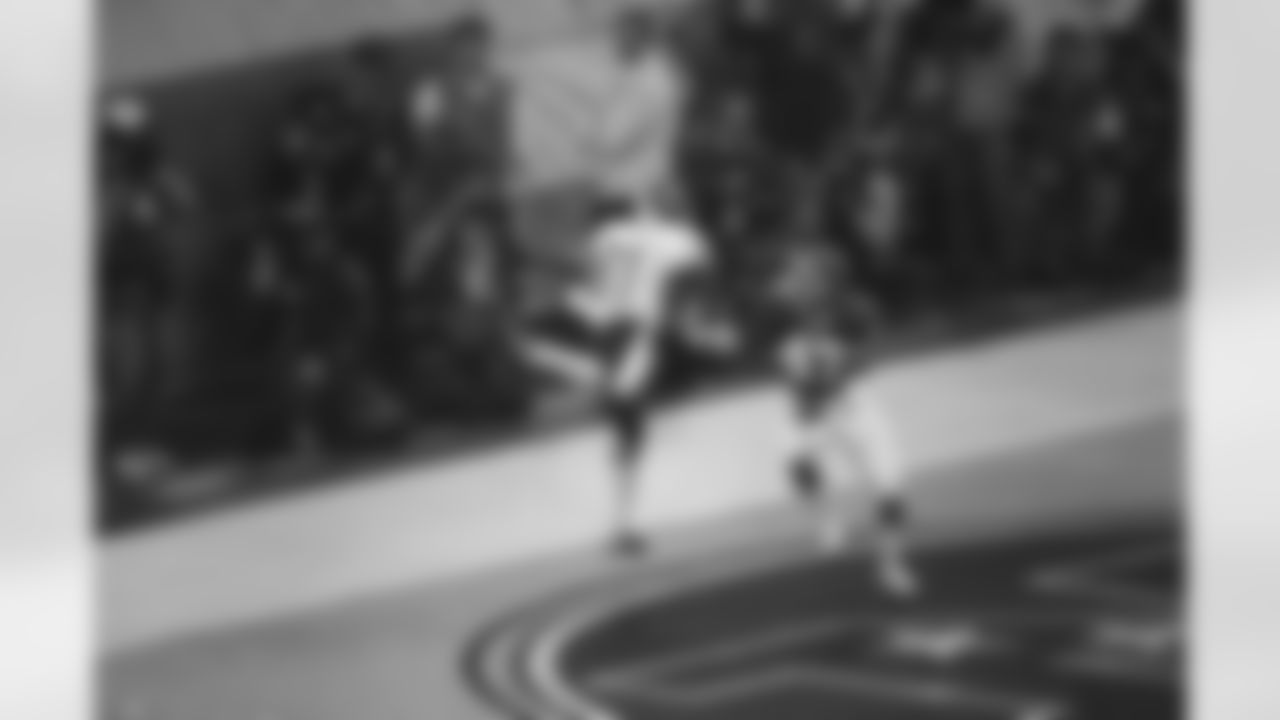
You mentioned the locker room. Who were the biggest leaders of that room, both on offense and defense? **
You had an interesting cross-section of leadership within that locker room. You certainly had the Hogs and the offensive linemen who were very vocal, who were very strong leaders and had a very strong unity just among themselves and they had clearly performed at a high level. You had guys on the other side like Darrell Green, Charles Mann, who were certainly the biggest leaders from a culture perspective. Art Monk was someone you had great respect for. He was very quiet but he was like E.F. Hutton. When he spoke everybody turned and listened and he had that kind of reverence and impact, so it was a terrific cross section of individuals in that locker room. It was just an amazing group of individuals that Bobby Beathard and Charlie Casserly and Coach Gibbs and the Cooke family had put together.
When you look back on that Super Bowl run in 1991, many analysts have said that it's the best team that won a Super Bowl. Your opinion is probably biased but would you agree?
I do. And for a long time, there was a general feeling that that team didn't get the credit they deserved. A lot of speculation [about] TV rights and the broadcast holdover with CBS and you're not getting those highlights. But once we got into more of a quantitative, information environment like we're in now, where you have the ability to pull a lot of information and it's been fascinating to watch that kind of respect fall back to that team. I don't know that top to bottom it might have been that talented against the two Vikings teams that I played for, but it was a significantly better team, but that was clearly the case. It is interesting when a lot of us get together, and this is a testimony to the competitive nature and DNA of that group of men, it's not "Wasn't it great we won a Super Bowl?" It's "Wow, we really missed out on an opportunity to go undefeated." I just had to laugh. It's just an interesting characteristic, the common denominator of the psychological makeup of the men.
The Super Bowl itself was a big moment in your career. Two interceptions, the MVP runner-up…
What those two votes would have meant [laughing].
I assume those don't keep you up at night.
No, I've generally gotten better than I deserve in this world, it's just been wonderful.
So were you just locked in that game? It seemed as though you were in the right position all over the field.
Yeah, and in some ways my skillset sort of put me in those kind of man-combo schemes as a safety and you're not able to just sit back in a lot of zones and just read an make plays. You were much more involved in the signal calling and all those kinds of things. So, from a traditional safety perspective, it altered the opportunities you might have from making interceptions and those kinds of things. It just happened to be in that game that the opportunities, because of a hurry up system that [Buffalo] was running, that I was really presented with broader array of opportunity.
**
And that was such a different brand of football back then.**
Oh I would be fined out of the league for -- a lot of those hits would be clearly fined today. But the Bills, and they don't get the credit they deserve for going back four times, and being able to make it back, it's no easy feat to make it there.
How would Brad Edwards have done in 2016?
It's a little more coverage-oriented now, so I think I would be good in this market, obviously my speed and size were probably a little above average for that time period – it's probably moved back at this point. I find myself doing a little more blitzing today than what we did then. It's a more complicated league than what it used to be, certainly it doesn't seem as if you have as many shifts, not as complicated in the running game, and that's because of free agency, you're turning over a large part of your roster. It's not because we were smart or anything like that, it's just that then you have to layer the learning over multiple years and you don't have that opportunity now, because of the turnover on your roster.
I know you've migrated around to different University athletic departments, but what was it like to take the job at George Mason University and come back to the DMV area?
[Excitement] certainly emanated from that, having the opportunity to come to an area that I loved, loved to live in, certainly had the Redskins here as a part of that. George Mason was a internationally relevant institution that had a big-time basketball program. And it was a place that we did a lot of training on during the offseason. Many days, sometimes two to four times a week, from early March to maybe mid to late June we would lift out at Redskins Park and come out to the track at George Mason and train. So I really became a fan of the institution by that experience, going to the Eagle Bank Arena shows. All of my boys have gone to their first family show in that building. I had an affinity here. It was the Atlantic 10 as a big boy conference specifically in basketball. I spent time in South Carolina as the number two, so it was a natural progression, to be in a place that academically is internationally known…I love young people and young athletes and we connect really well and it's sort of become my life's mission…and it allows me to spend my Sundays at FedExField.
So that's the added bonus I imagine.
Oh yeah, and I love the fact that I can spend the majority of my Sundays at the stadium and cheering the team on. It's been a great experience all the way around.
[This interview was condensed and edited]
Other Redskins Past To Present Interviews:
-- Dexter Manley
-- Joe Jacoby
-- Jeff Bostic
-- Mark Murphy
-- Jean Fugett
-- Mike Bragg
-- Andre Lott
-- Nick Giaquinto
-- Ross Tucker
-- Jeff Severson
-- Dallas Hickman
-- George Nock
-- Greg Scott
.
.
.
Growing up in North Carolina, were you a Redskins fan?
Yes, they didn't have the Panthers. Really, the only team you picked up on TV broadcasts were the Redskins. And so that was a team that we just grew up following just because they were the closest outside of Atlanta, but really Atlanta had no penetration in that market at that time. I remember I had some folks that lived in an adjacent neighborhood that had bought an old school bus and had painted it burgundy and gold and had put Redskins Special on the side of it and that's one of my earliest memories of the Washington Redskins and how they'd fill that up every weekend and take it up to Northern Virginia.
You started off with the Vikings…
I was a second round draft pick with the Vikings and we had two good years there, finished number one in defense in both of those two years and I had a two-year contract that had expired and then I was placed on Plan B in free agency. Within that morning, I got a call from the Redskins and the secretary said can you hold on for a minute Joe Gibbs is on the line to talk to you. He's a guy I have a tremendous amount of respect for, and so we had a really nice conversation and it was literally done that quickly. I never looked back and it was just the best decision I ever made, one of them.
What was the experience like for you joining a team led by Joe Gibbs? 2:41
I had a tremendous amount of respect for the organization and what they had been able to do and accomplish until that point. It was really a lot of admiration and a lot of respect there for them and certainly almost immediately you could sense the culture that existed from the moment you walked into the locker room. You could tell it was a completely different atmosphere. Very, very strong culture that was centered on character and very team-oriented and clearly one that was built around high performance and the attention to detail and the commitment to excellence were obvious and apparent when you locked into the locker room. You could just not help be affected by it in a positive way.
That must have been a great experience to learn that culture after just two years in the league.
Yeah, and again, those two [Vikings] teams had gone to the divisional playoffs my first two years. Pete Carroll was my position coach and when they tried to re-sign me, there's just no substitute for being able to play for a tea that you followed all of your life, is in your neighborhood. I really loved my time with the Vikings but it was just a deeper, personal meaning to be with the Redskins.
You mentioned the locker room. Who were the biggest leaders of that room, both on offense and defense?
You had an interesting cross-section of leadership within that locker room. You certainly had the Hogs and the offensive linemen who were very vocal, who were very strong leaders and had a very strong unity just among themselves and they had clearly performed at a high level. You had guys on the other side like Darrell Green, Charles Mann, who were certainly the biggest leaders from a culture perspective. Art Monk was someone you had great respect for. He was very quiet but he was like E.F. Hutton. When he spoke everybody turned and listened and he had that kind of reverence and impact, so it was a terrific cross section of individuals in that locker room. It was just an amazing group of individuals that Bobby Beathard and Charlie Casserly and Coach Gibbs and the Cooke family had put together.
When you look back on that Super Bowl run in 1991, many analysts have said that it's the best team that won a Super Bowl. Your opinion is probably biased but would you agree?
I do. And for a long time, there was a general feeling that that team didn't get the credit they deserved,. A lot of speculation [about] TV rights and the broadcast holdover with CBS and you're not getting those highlights. But once we got into more of a quantitative, information environment like we're in now, where you have the ability to pull a lot of information and it's been fascinating to watch that kind of respect fall back to that team. I don't know that top to bottom it might have been that talented against the two Vikings teams that I played for, but it was a significantly better team, but that was clearly the case. It is interesting when a lot of us get together, and this is a testimony to the competitive nature and DNA of that group of men, it's not "Wasn't it great we won a Super Bowl," it's, "Wow, we really missed out on an opportunity to go undefeated." I just had to laugh. It's just an interesting characteristic, the common denominator of the psychological makeup of the men.
The Super Bowl itself was a big moment in your career. Two interceptions, the MVP runner-up…
What those two votes would have meant [laughing].
I assume those don't keep you up at night.
No, I've generally gotten better than I deserve in this world, it's just been wonderful.
So were you just locked in that game. It seemed as though you were in the right position all over the field.
Yeah, and in some ways my skillset sort of put me in those kind of man-combo schemes as a safety and you're not able to just sit back in a lot of zones and just read an make plays. You were much more involved in the signal calling and all those kinds of things. So, from a traditional safety perspective, it altered the opportunities you might have from making interceptions and those kinds of things. It just happened to be in that game that the opportunities, because of a hurry up system that [Buffalo] was running, that I was really presented with broader array of opportunity.
And that was such a different brand of football back then.
Oh I would be fined out of the league for, a lot of those hits would be clearly fined today. But the Bills, and they don't get the credit they deserve for going back four times, and being able to make it back, it's no easy feat to make it there.
So how would Brad Edwards have done in 2016?
It's a little more coverage oriented now, so I think I would be good in this market, obviously my speed and size were probably a little above average for that time period – it's probably moved back at this point. I find myself doing a little more blitzing today than what we did then. It's a more complicated league than what it used to be, certainly it doesn't seem as if you have as many shifts, not as complicated in the running game, and that's because of free agency, you're turning over a large part of your roster. It's not because we were smart or anything like that, it's just that then you have to layer the learning over multiple years and you don't have that opportunity now, because of the turnover on your roster.
I know you've migrated around to different University athletic departments, but what was it like to take the job at George Mason University and come back to the DMV area?
[Excitement] certainly emanated from that, having the opportunity to come to an area that I loved, loved to live in, certainly had the Redskins here as a part of that. George Mason was a internationally relevant institution that had a big-time basketball program. And it was a place that we did a lot of training on during the offseason. Many days, sometimes two to four times a week, from early March to maybe mid to late June we would lift out at Redskins Park and come out to the track at George Mason and train. So I really became a fan of the institution by that experience, going to the Eagle Bank Arena shows. All of my boys have gone to their first family show in that building. I had an affinity here. It was the Atlantic 10 as a big boy conference specifically in basketball. I spent time in South Carolina as the number two, so it was a natural progression, to be in a place that academically is internationally known…I love young people and young athletes and we connect really well and it's sort of become my life's mission…and it allows me to spend my Sundays at FedExField.
So that's the added bonus I imagine.
Oh yeah, and I love the fact that I can spend the majority of my Sundays at the stadium and cheering the team on. It's been a great experience all the way around.



